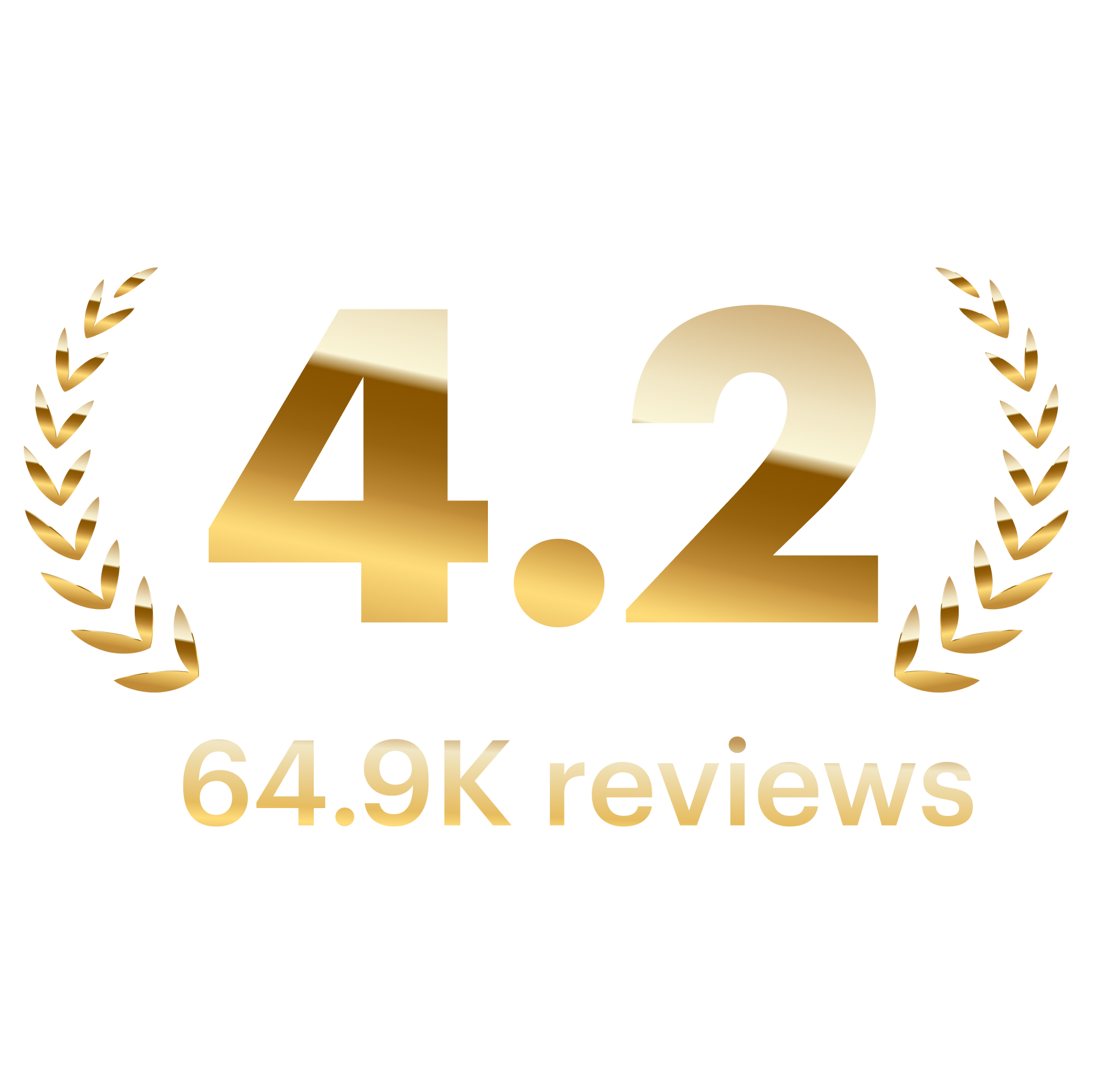Last Updated on Mar 2, 2022 by Ayushi Mishra
On 25 February 2022, the Indian stock market transitioned to the shorter and faster T+1 or ‘Trade plus 1’ settlement cycle. In the first phase, the new settlement cycle was applied to 100 equities on the NSE with the lowest market capitalization. This means that people who deal in shares that fall under the T+1 settlement cycle will receive their money or shares within 24 hours.
Trades on Indian stock exchanges are currently resolved in two working days (T+2). For example, if you purchase shares on Wednesday, they will be deposited to your Demat account the following day, Thursday. They had been settling on Friday up to this point.
On the final Friday of each month, 500 stocks will be introduced under the new settlement mechanism. Currently, deals on Indian stock exchanges are settled within 2 days after their occurrence, a process called T+2 settlement.
A switch to the T+1 method would result in settlements taking place the next day, making the market more efficient by shortening the period between striking a deal and its consummation. The T+2 settlement mechanism is still used by the majority of global markets. Despite criticism from certain international investors, the new rules have been implemented.
“T+1 should be a good move because it shortens the settlement cycle and reduces margin requirements for clients with margin blocked for only one day, thereby increasing retail participation and investments in equity markets,” said Anupam Agal, head operations and legal at Motilal Oswal Financial Services.
“The T+1 settlement method will reduce the risk of pay-in/pay-out defaults by one day, minimise margin requirements, and provide investors with additional liquidity through the availability of cash and assets,” he added.
The settlement cycle was reduced from T+3 rolling settlement to T+2 in April 2003 by the regulator.
- SBI Equity Mutual Funds – List of Top Performing Schemes for 2025 - Mar 27, 2025
- Hedge Funds in India: Definition, Types, & Benefits - Mar 27, 2025
- List of Overnight Mutual Funds in India (2025) - Mar 17, 2025




